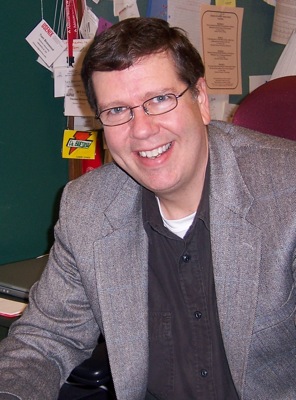Hunter McCurry will be giving a lecture on the making of Semi-Conducted, my quartet and video piece. A very short video excerpt of the piece is posted here:
http://www.youtube.com/watch?v=eCT4wpvXmmc
The lecture will be *Tuesday May 11* at 5:15 in TIMARA Studio 2. I will be pairing up with fellow TIMARA major Gabe Stewart who will be talking about his project visualizing and sonifying GPI (General Progress Indicator) data for Northeast Ohio. Each of our lectures will be under 30 minutes.
(This) Tuesday, May 11th
5:15 pm – 6:15 pm
TIMARA Studio 2
Beyond simply a description of the piece, the lecture should also
serve as an introduction to a new open-source piece of software called
Field, a coding environment for making digital art. This software is a hybrid of several paradigms: coding (it is written in Python), visual programming (like Max/MSP), and drawing (like Photoshop, Flash). Even if you can’t make it to the lecture, I strongly encourage you to check it out! It has great potential:


